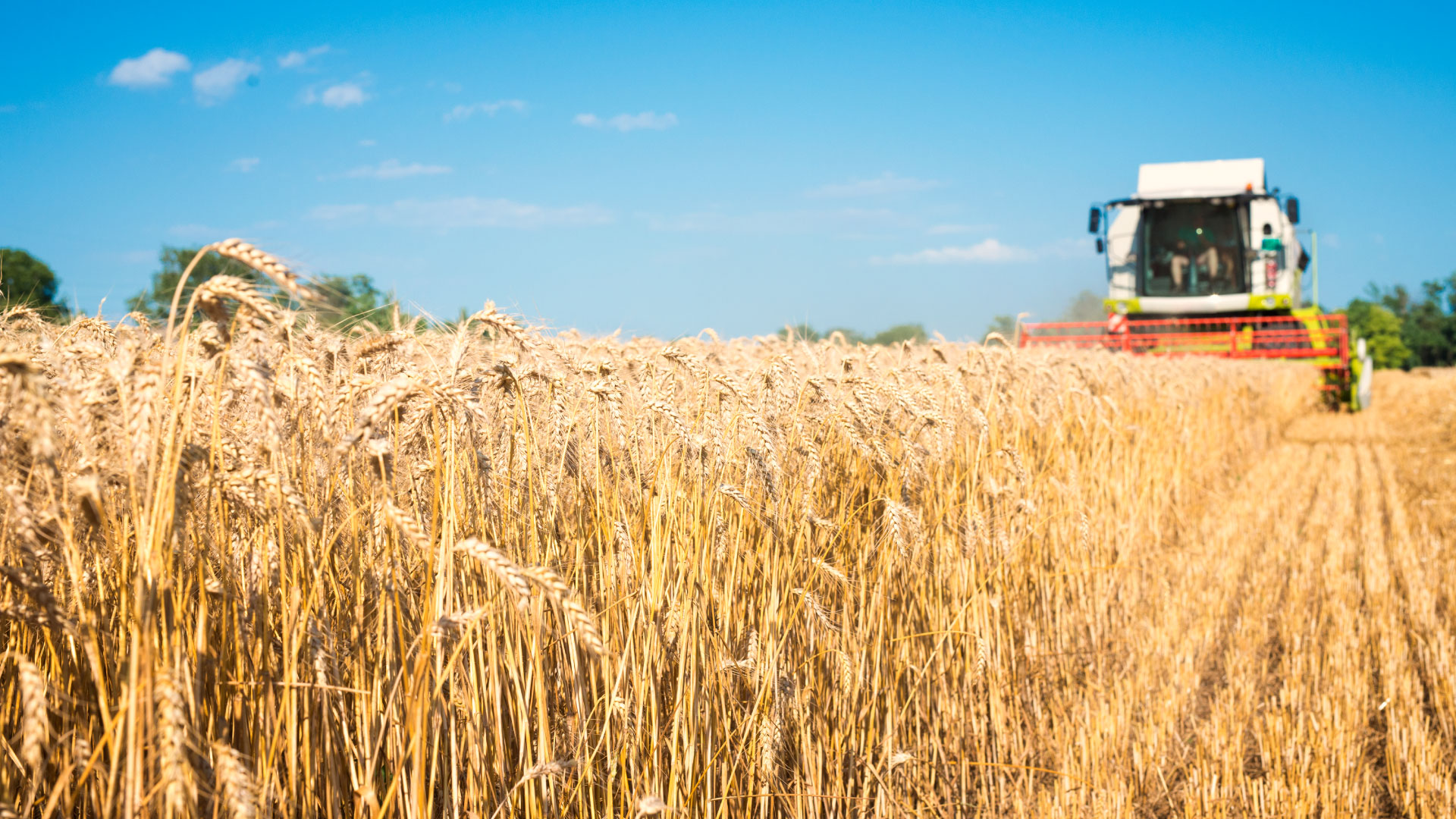In many agricultural operations, vehicles routinely transport materials such as sludge, pesticides, and biological residues. Without proper decontamination, these substances can seep into the surrounding environment, threatening soil integrity and water resources. Over time, inadequate cleaning measures increase the risk of contamination, undermine sustainability goals, and lead to potential non-compliance with stringent environmental regulations.
The role of vehicle washing in agriculture
Washing is not merely a matter of external cleaning; it is a critical step to remove harmful substances that can spread between sites. Each time a vehicle relocates, it carries potential pollutants that may compromise nearby crops, degrade soil fertility, and contaminate local groundwater. Effective washing is therefore an essential safeguard, ensuring that agricultural activities remain both productive and environmentally responsible.
- Removing sludge: Residual sludge may contain pollutants capable of penetrating the soil profile. Without timely and thorough removal, these contaminants can accumulate, adversely affecting the ecosystem’s long-term balance.
- Eliminating pesticides and biological residues: Traces of pesticides and biological agents can migrate into water supplies, posing serious risks to both crop health and local biodiversity.
WashWeighBridge®: a sustainable, technologically advanced solution
WashWeighBridge® offers an integrated, sustainable vehicle washing solution specifically designed for agricultural contexts. Its advanced technologies, including a closed-loop water system and secure waste treatment, minimize environmental impact while upholding rigorous efficiency standards.
- Closed-loop water recycling: WashWeighBridge® employs a closed-loop cycle that recirculates water, significantly reducing freshwater consumption. This approach is particularly valuable for agriculture, where water scarcity and quality are pressing concerns.
- Safe waste management: A dedicated sedimentation tank captures and separates contaminated residues, ensuring that hazardous materials undergo proper treatment. By preventing uncontrolled discharge into the environment, the system supports a cleaner, more balanced agricultural landscape.
Practical advantages for agricultural operations
Incorporating WashWeighBridge® into agricultural processes delivers tangible benefits. By meeting environmental regulations, operations avoid costly penalties and maintain a solid reputation for ecological stewardship. Equally important, soil and water resources remain protected, helping to preserve long-term agricultural productivity and quality.
- Regulatory compliance: Proper cleaning systems, such as WashWeighBridge®, ensure adherence to environmental standards, mitigating the risk of penalties and reinforcing responsible resource management.
- Resource protection: Removing contaminants at the source safeguards the soil and water reserves that underpin productive farming, ensuring their integrity for future generations.
Customized support for agricultural needs
Reducing environmental impact in agriculture requires proactive, targeted solutions. WashWeighBridge® stands out by combining cutting-edge features with practicality, addressing the specific demands of modern agricultural operations. Through efficient water reuse, safe waste handling, and compliance-driven performance, it supports both sustainable growth and operational excellence.
To discover how WashWeighBridge® can be tailored to meet the unique requirements of any agricultural enterprise, contact the WashWeighBridge® team today for a no-obligation quote and take a definitive step toward more sustainable, efficient, and environmentally sound farming practices.

